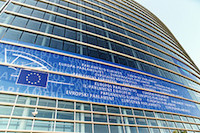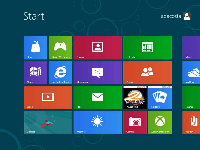On Tuesday, the Labour Party’s preferred web hosting site, nationbuilder suffered a DDOS attack. It seems UKIP was the target and while Nationbuilder state that a botnet was used, other’s accuse a ‘lone nut’. Obviously a sign of things to come, but it’s the second thing I’d think of in designing infrastructure for a political party. The first would be defence against a graffiti attack. These plans are often left till later as everyone concerned concentrates on functional requirements, Having said all this, I hope that my hosting provider is good enough. …
Is a DDOS attack the twenty first century equivalent of a picket line?








